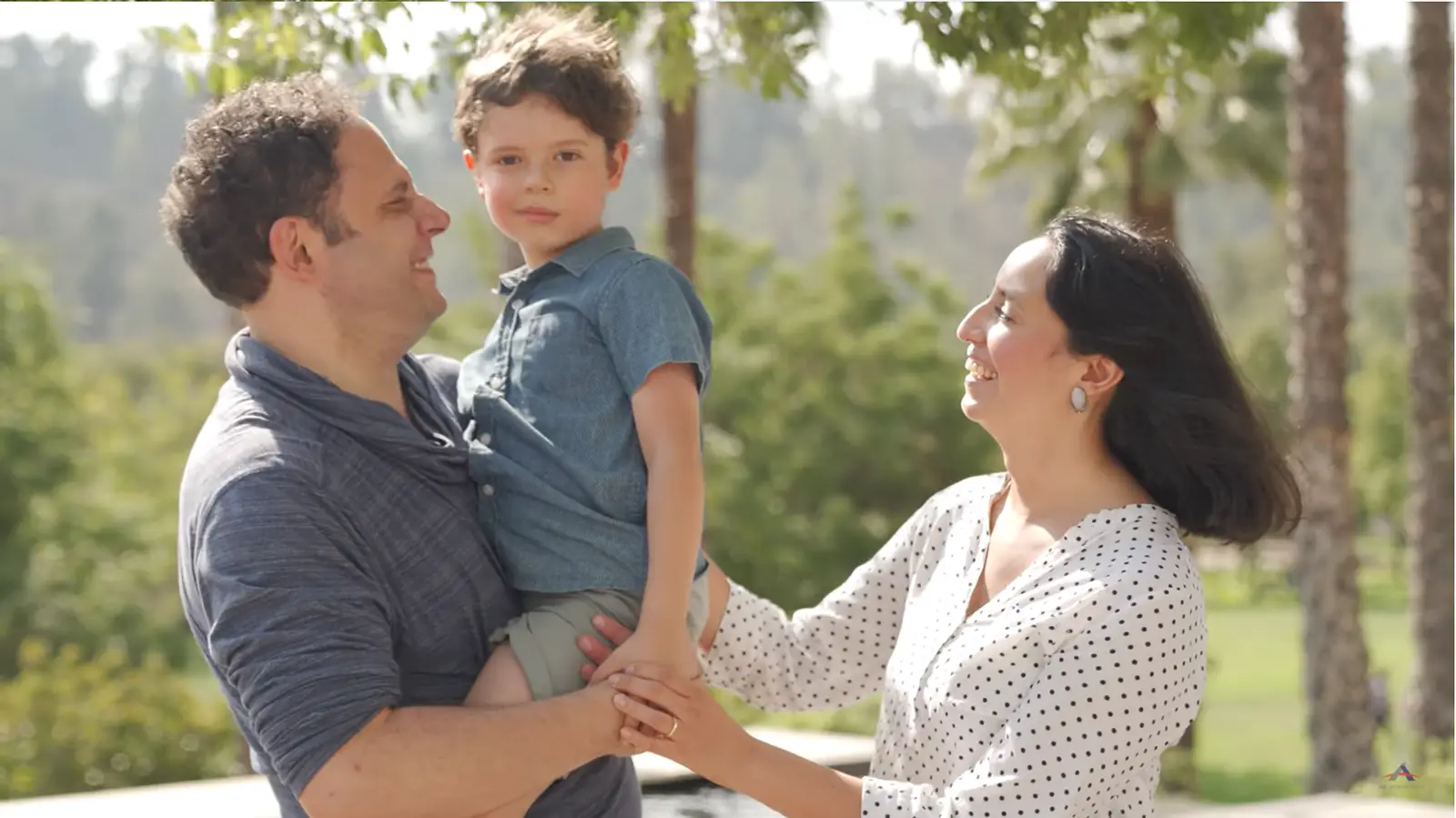Case Summary
Ms. Sandra Pavez taught Catholic religion classes in San Bernardo, Chile. When the local diocese learned that Ms. Pavez had entered a same-sex relationship, contrary to the teaching of the Catholic church, they informed her that they could no longer certify her as eligible to teach the Catholic faith on the church’s behalf. She was, however, able to continue her employment uninterrupted, in a different capacity; even enjoying a promotion to become a member of the school’s management team.
Despite this, Ms. Pavez took legal action against the Catholic Church in Chile, claiming to have experienced discrimination. When the Supreme Court upheld the church’s freedom to certify its teachers and the right of parents to have their children taught religion by someone who lives in accordance with their faith, she filed her complaint against Chile at the Inter-American Court. The Court has now ruled against Chile and the right of religious communities to decide who teaches on their behalf.
Ruling undermines religious freedom
The Court agreed that children and parents do have a right to receive religious education, and that it may be included in public schooling to guarantee parental rights. The judgment, however, broke with international consensus that recognizes the selection of teachers as an inherent part of the autonomy of religious communities.
This decision could directly affect the majority of the continent’s children who receive their education through publicly funded schools. The ruling implies that Catholic, Jewish, Muslim, evangelical or any other faith groups cannot ensure that those appointed to teach that religion live by what they are teaching.
Disappointment for an unprecedented multi-faith coalition
Over the course of the case, a broad coalition of organizations and religious communities had come together to defend this fundamental right and call on the Court to uphold the State’s laws. This coalition included the Jewish, Muslim, Orthodox, Anglican and Protestant communities from Chile, as well as the head of the Council of Catholic Bishops of Latin American (CELAM), all of whom had filed a historic joint brief with the Court in 2021. In addition, over 30,000 men and women filed a joint petition to the Court requesting it uphold the right of parents to have their children educated in accordance with their convictions.
“This is a blow to parents, and the religious communities to which they belong. The ruling undermines their right to decide who will teach confessional religious education on their behalf and help raise their children in that faith. The decision failed to align with international law which clearly protects the autonomy of religious communities and stands as an outlier when compared to similar cases decided by other human rights tribunals. Churches play an important role in society, and society benefits from strong and autonomous religious communities. Once the state starts determining who is qualified to teach confessional religious classes, why should the state not also determine which priests and ministers are ‘acceptable’ and, in this way, start to re-write the deeply held beliefs of once autonomous religious communities. While this ruling is a setback for all who care about religious freedom and the rights of parents, we will continue to advocate for fundamental freedoms to be protected across the Americas,” said Robert Clarke, Deputy Director of ADF International.



